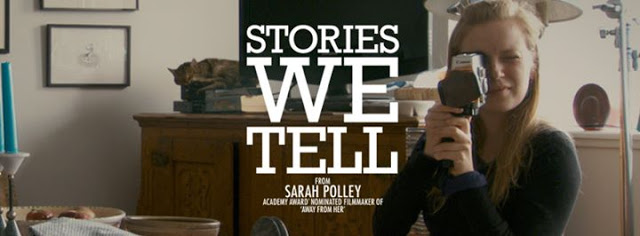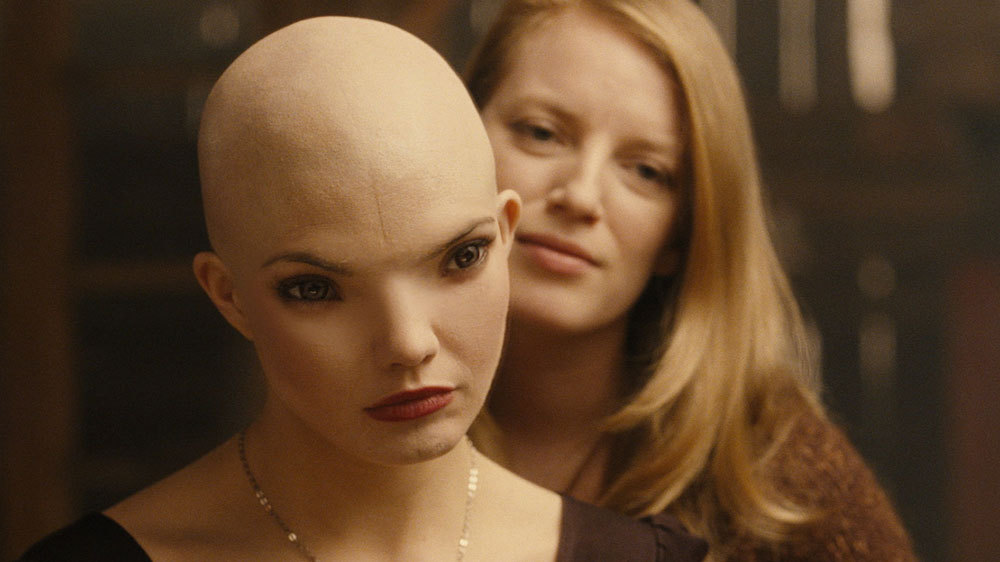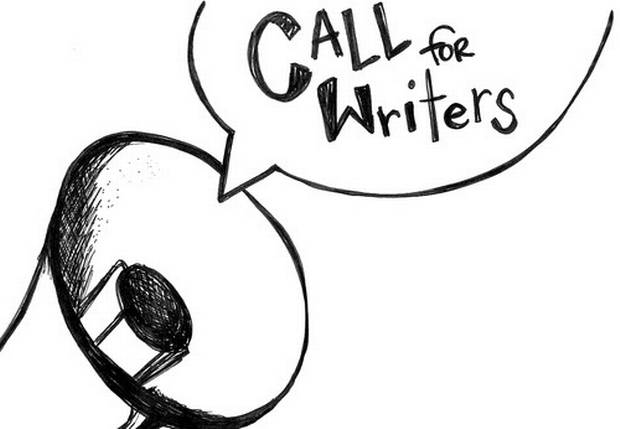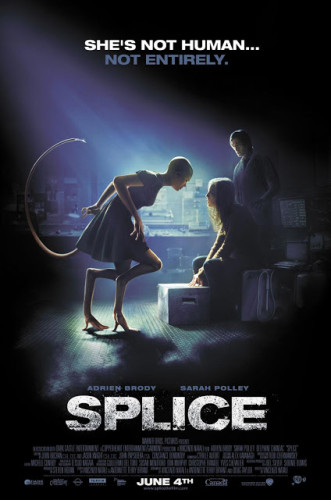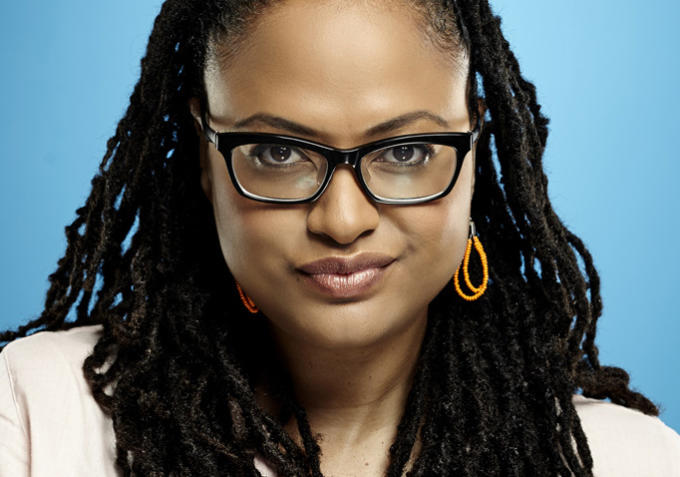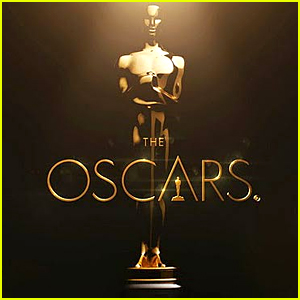Sarah Polley’s ‘Stories We Tell’: A Radical Act
Movie poster for Stories We Tell Written by Stephanie Rogers. We live in an age now when things seem … less “real” to me. Facebook lets us put our private lives on display, and even then, it’s a version of our lives that we edit, exaggerate perhaps, and invent—all for public consumption. People become … Continue reading “Sarah Polley’s ‘Stories We Tell’: A Radical Act”
